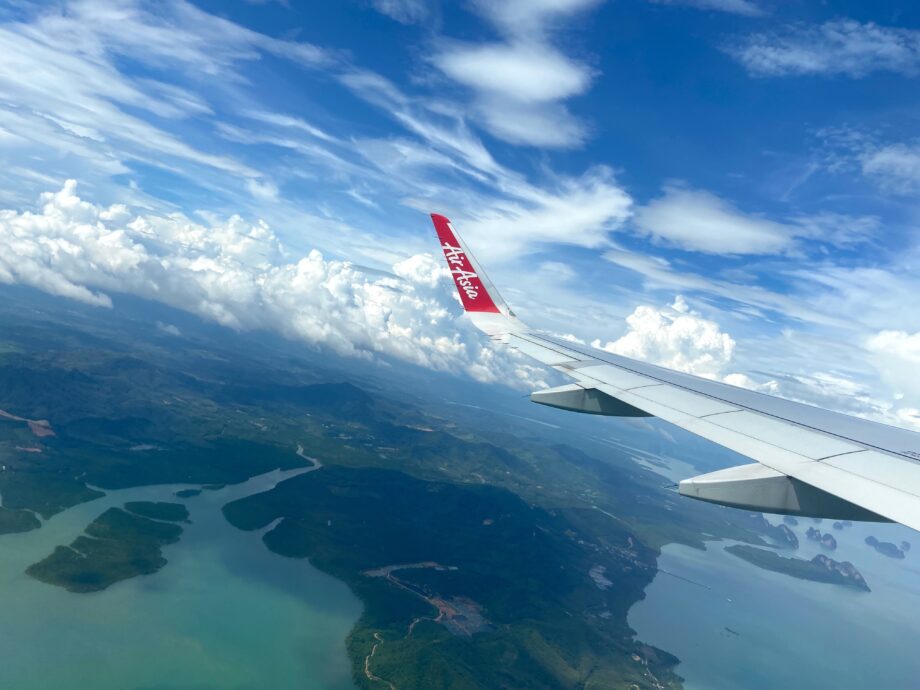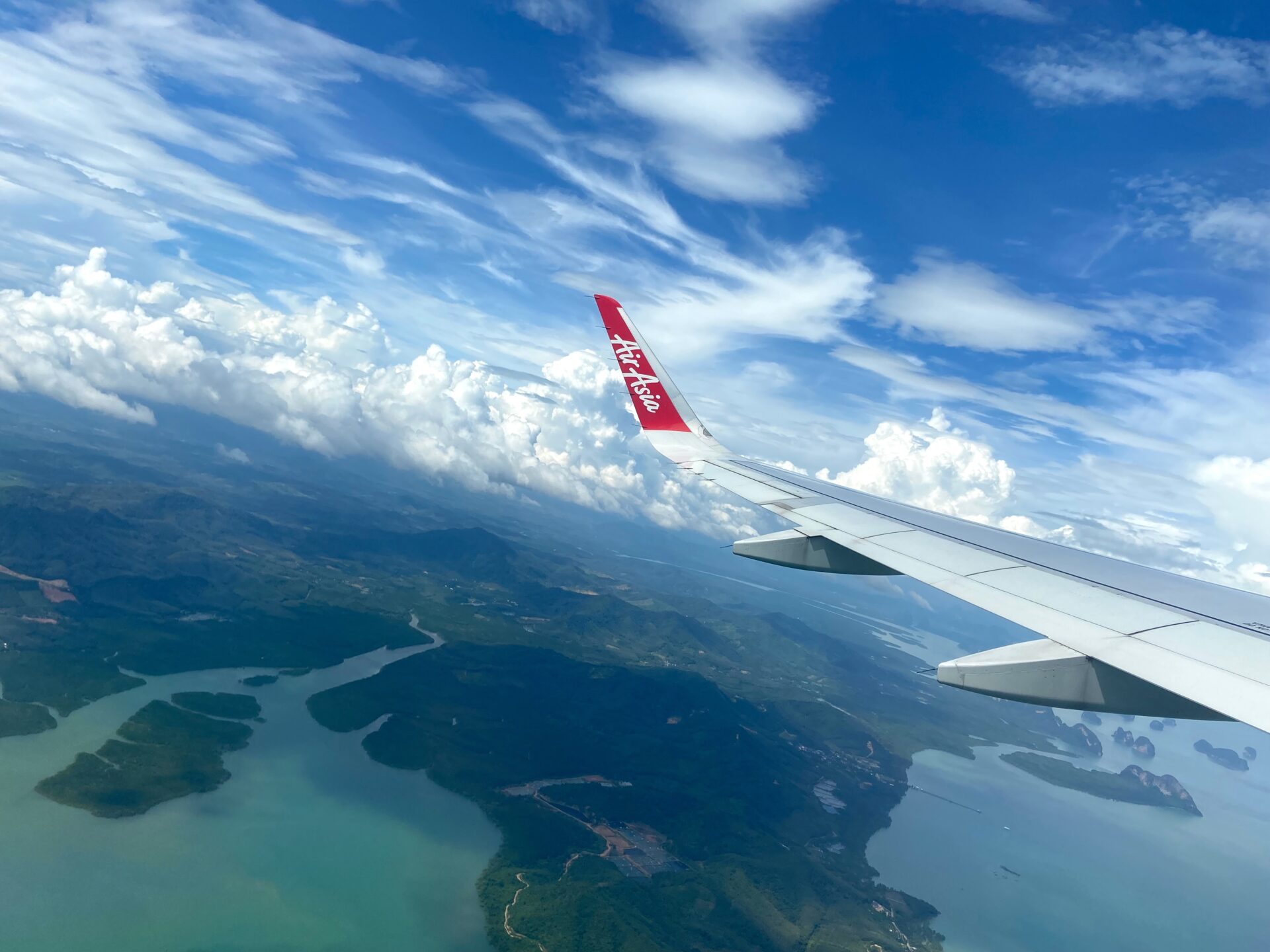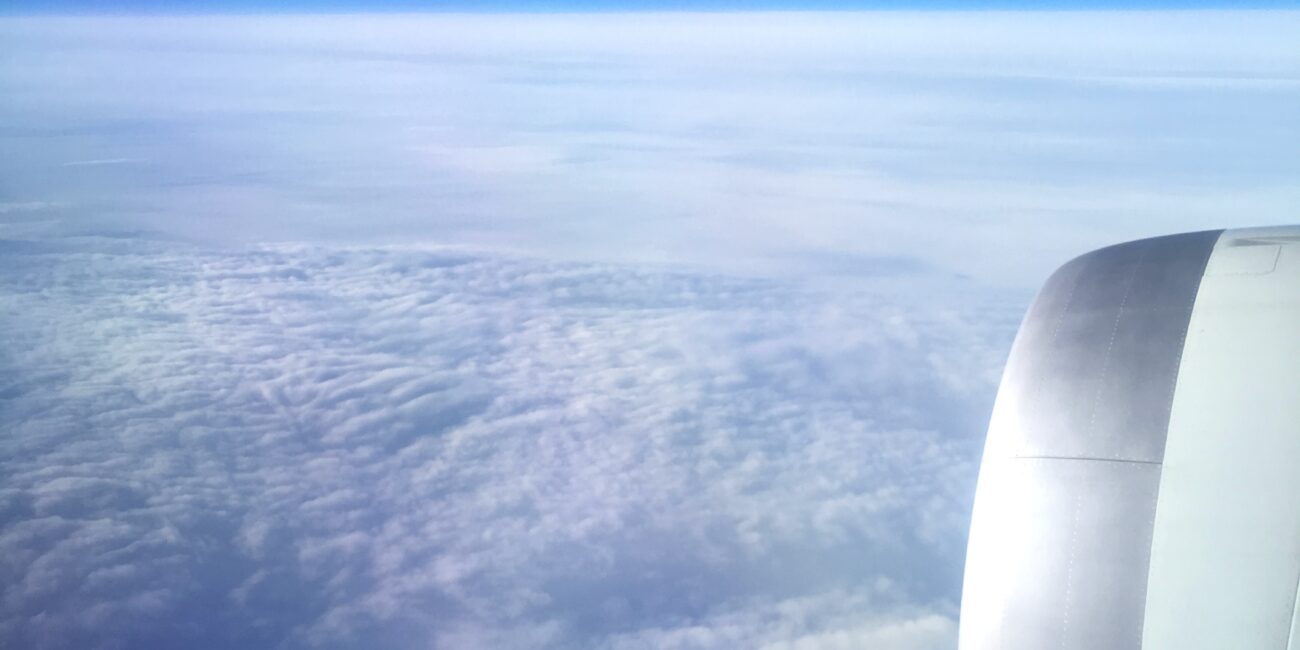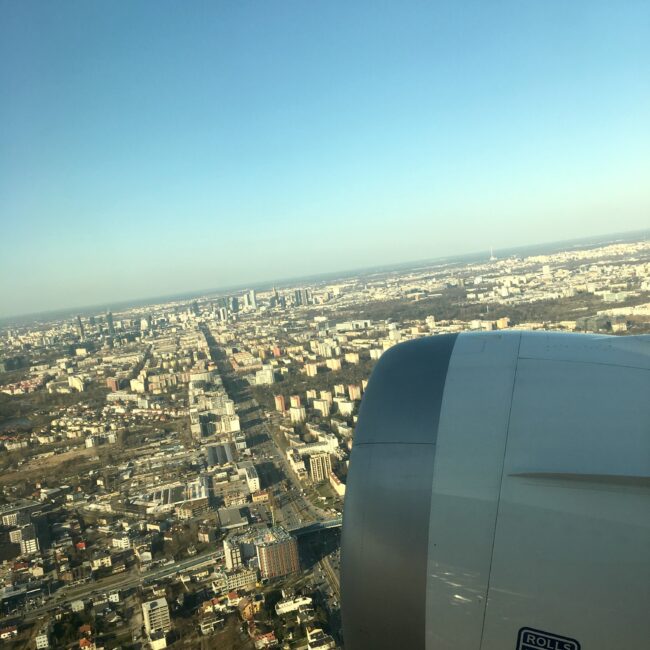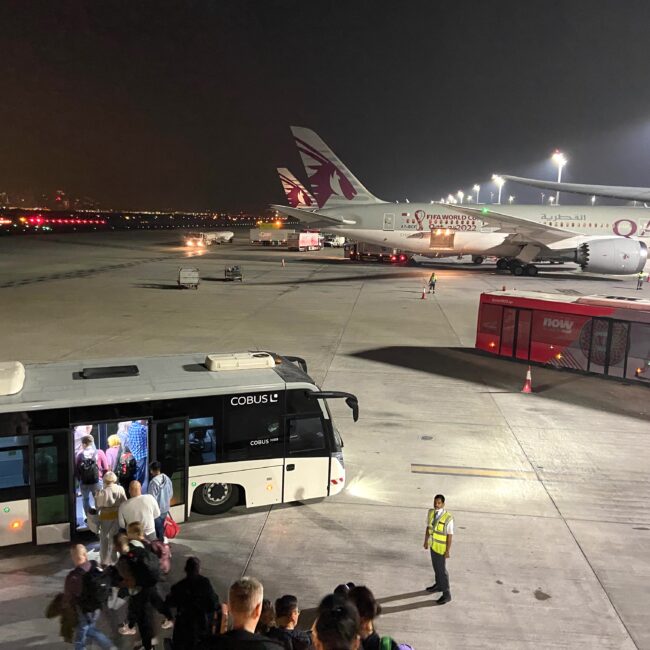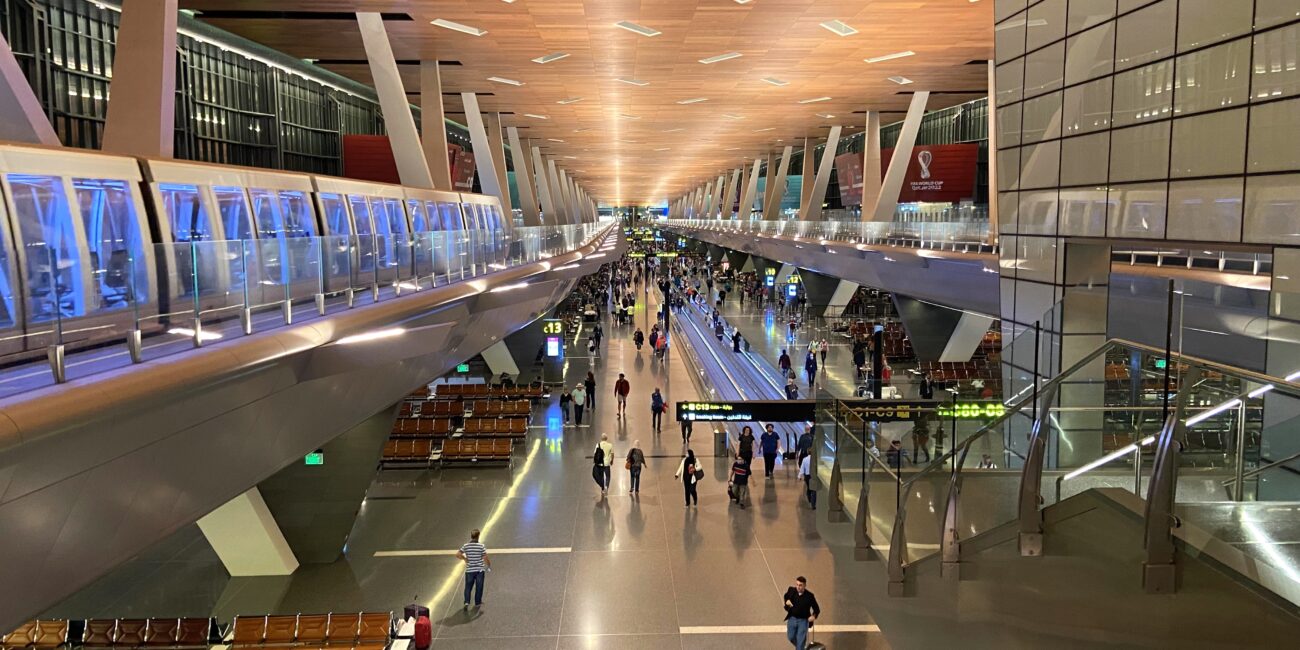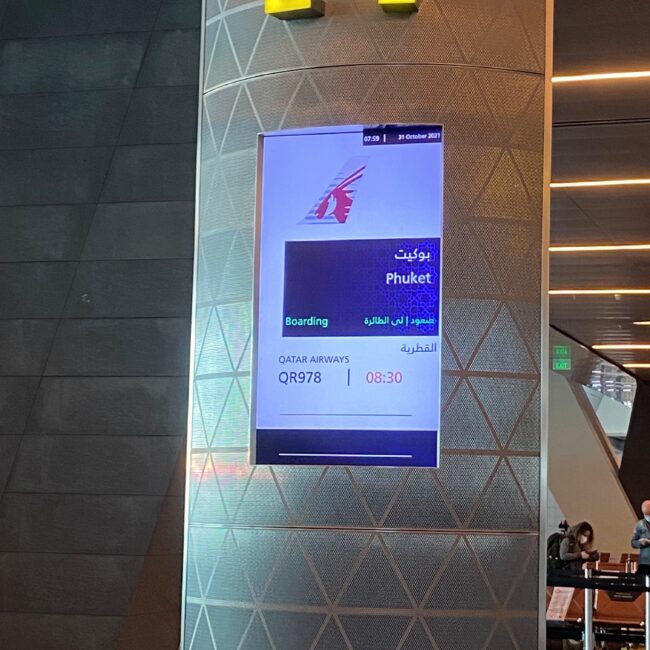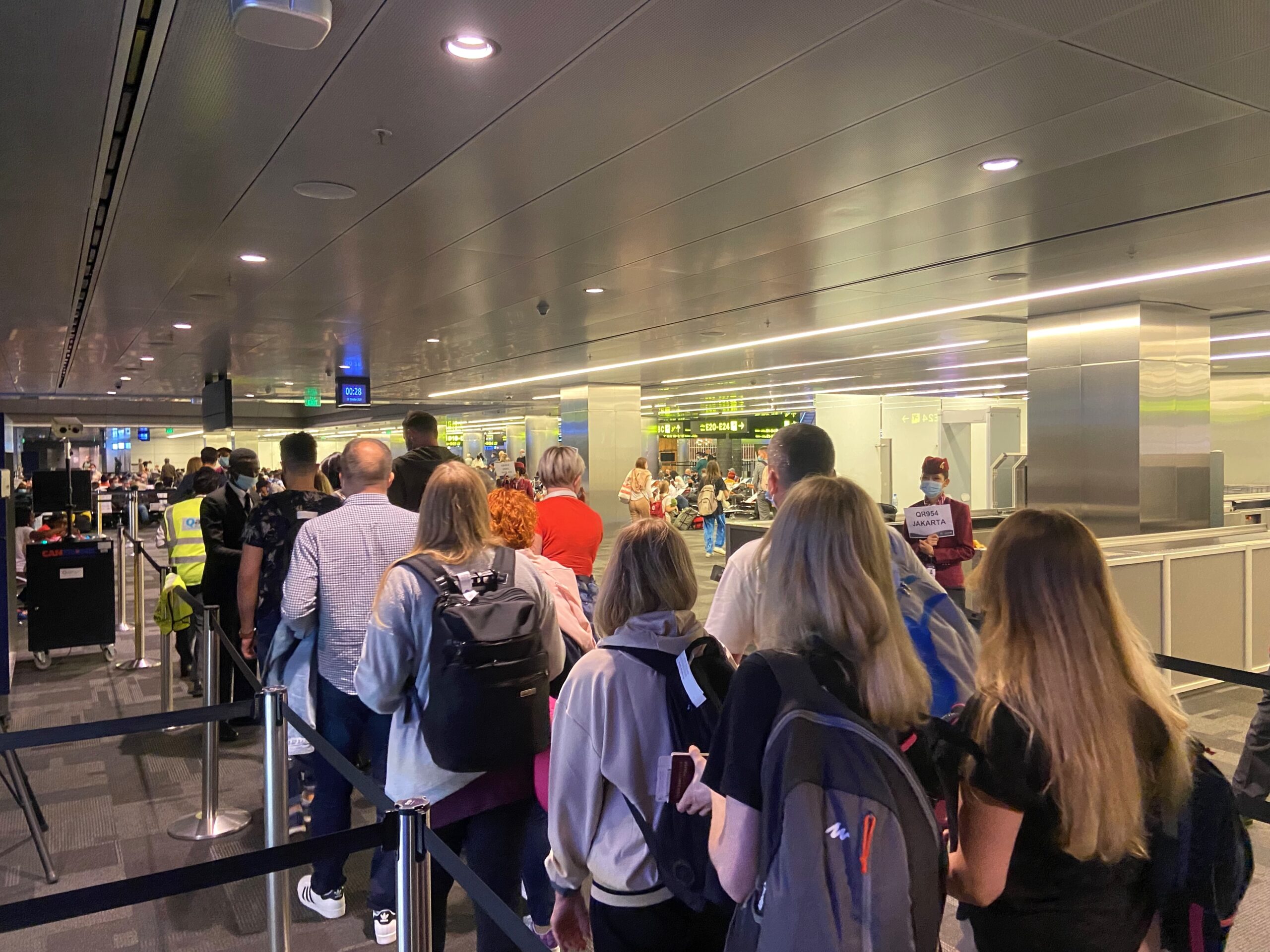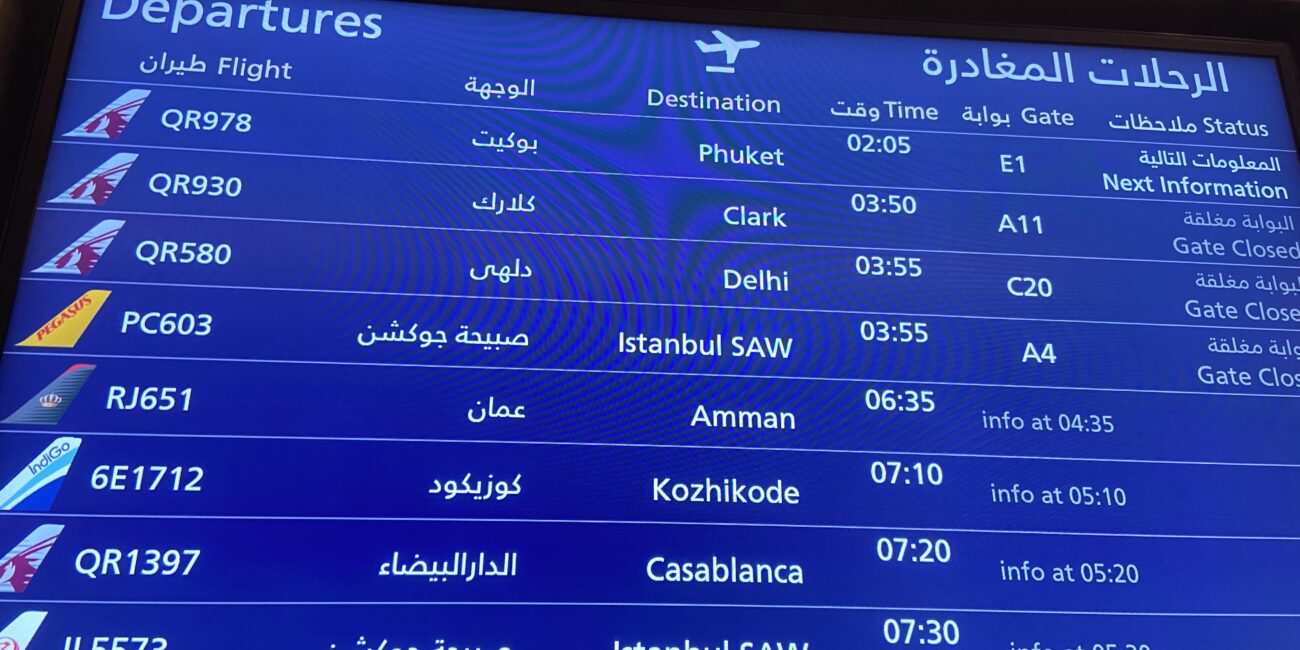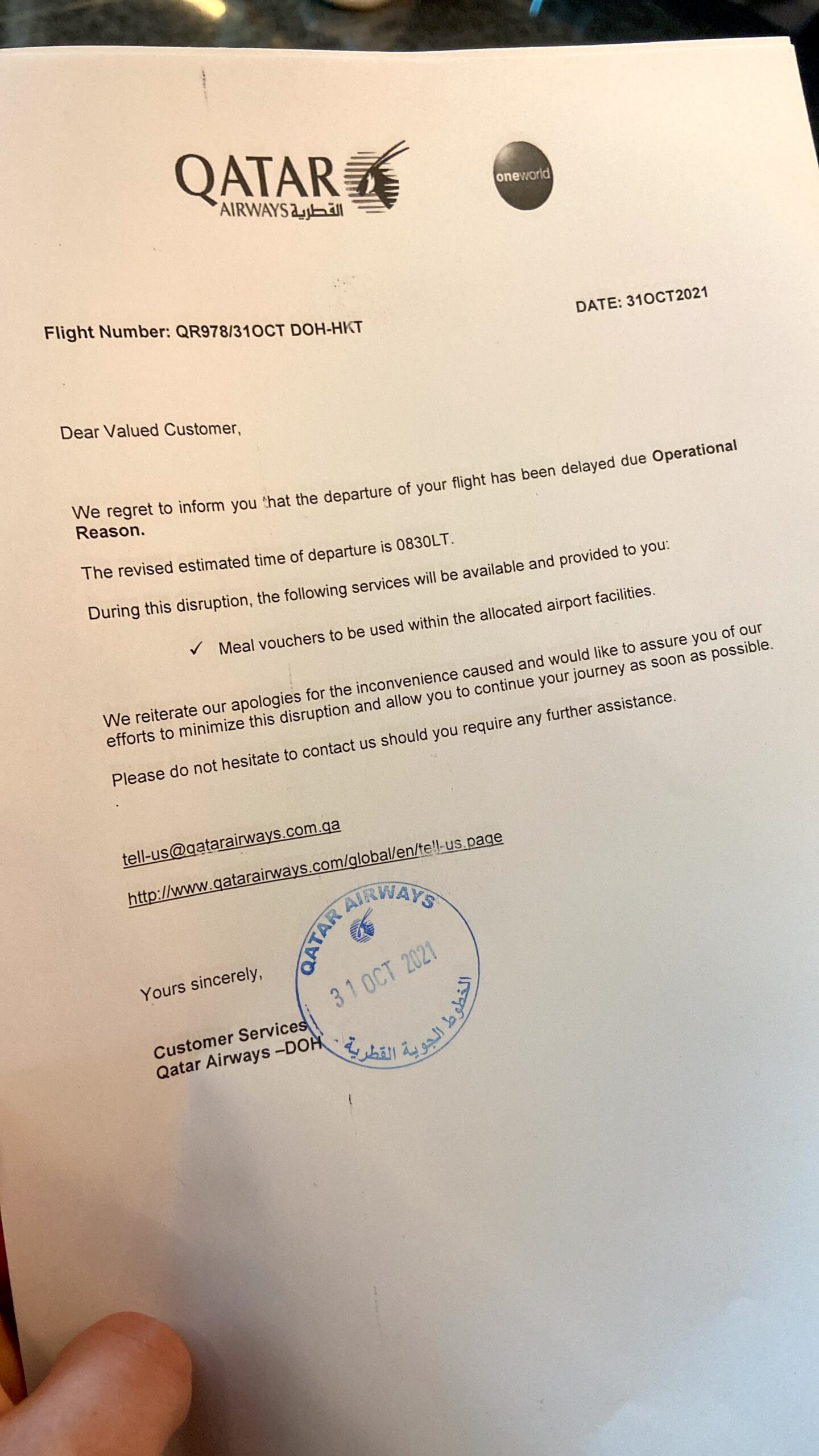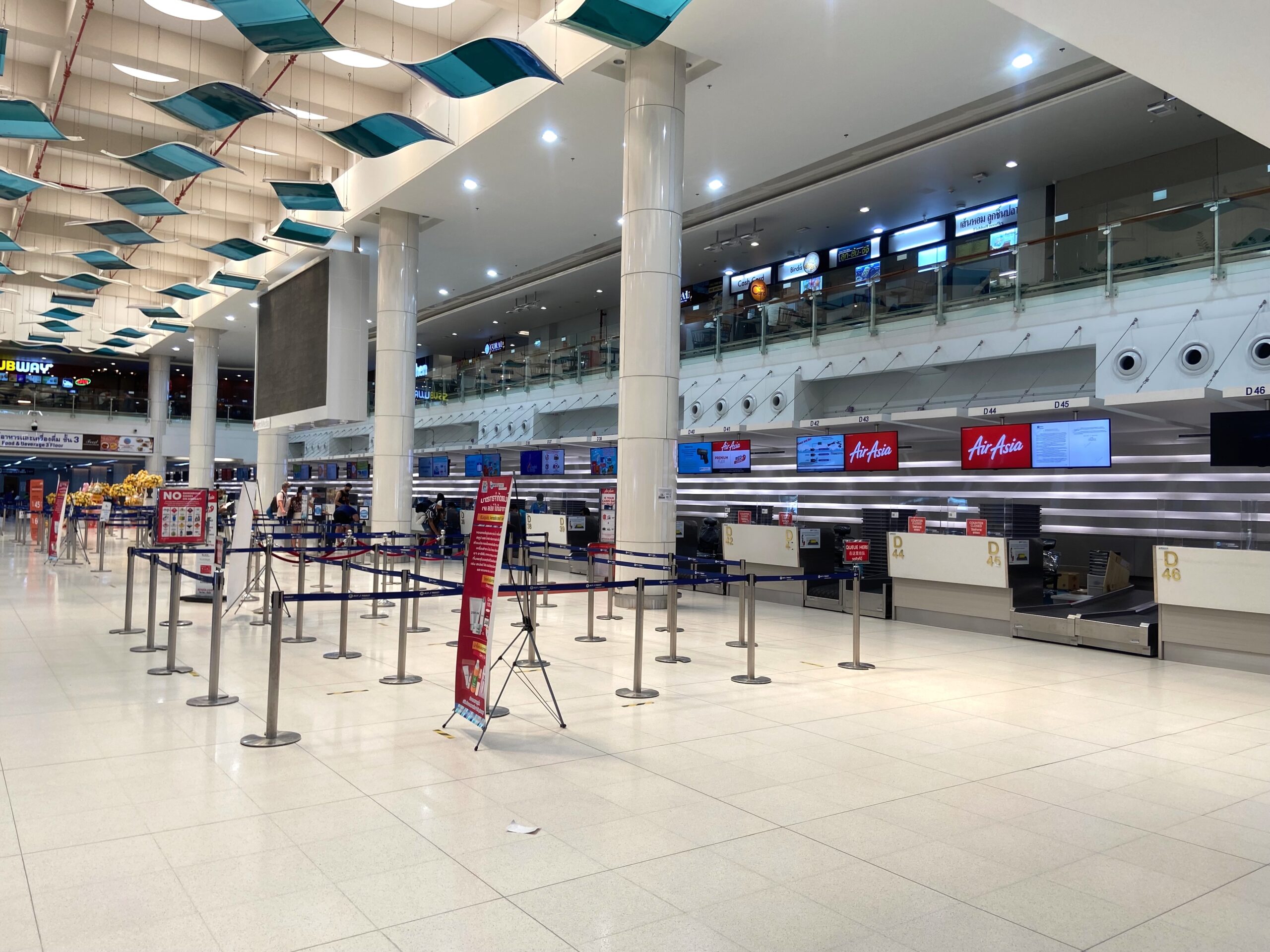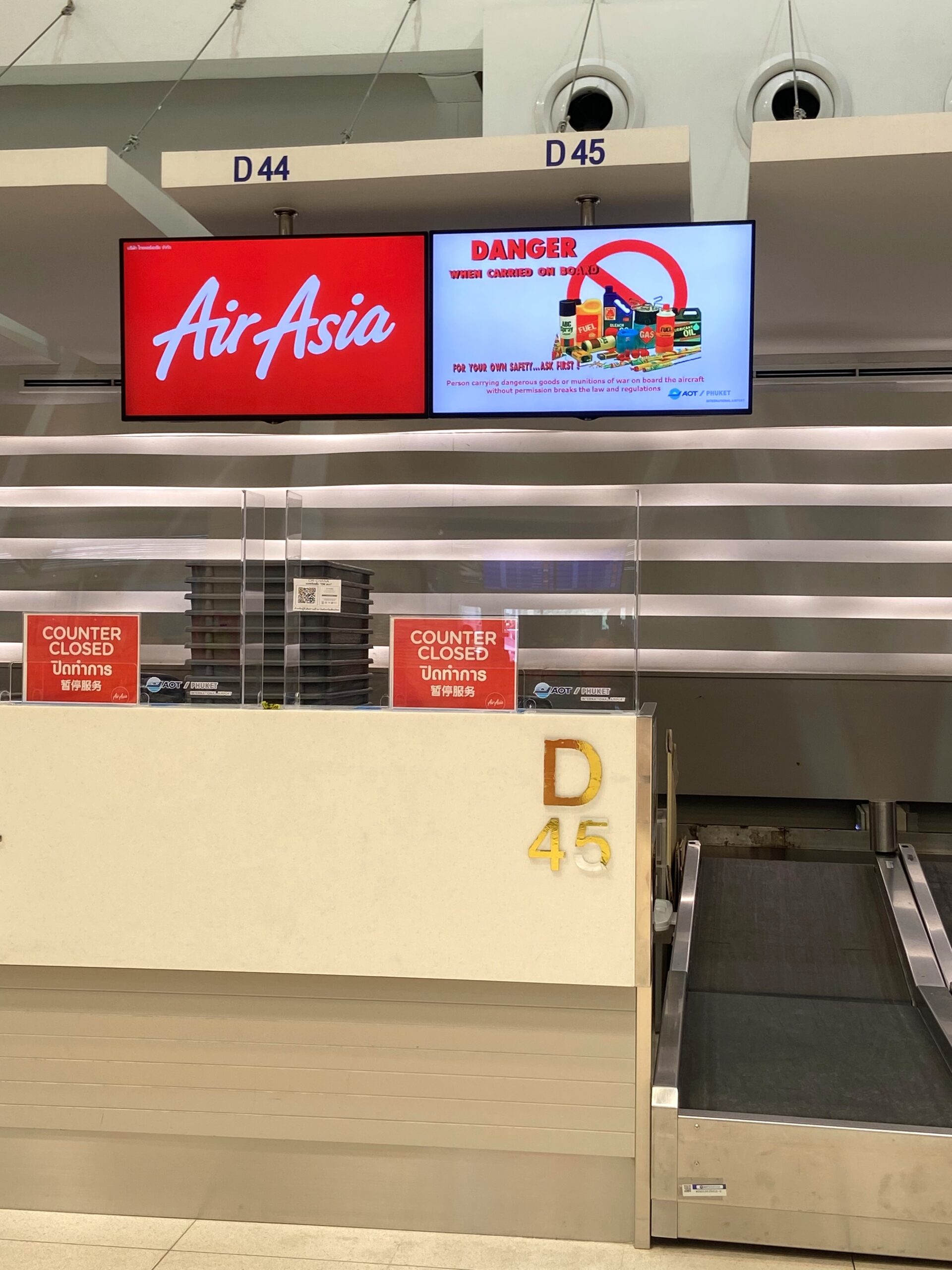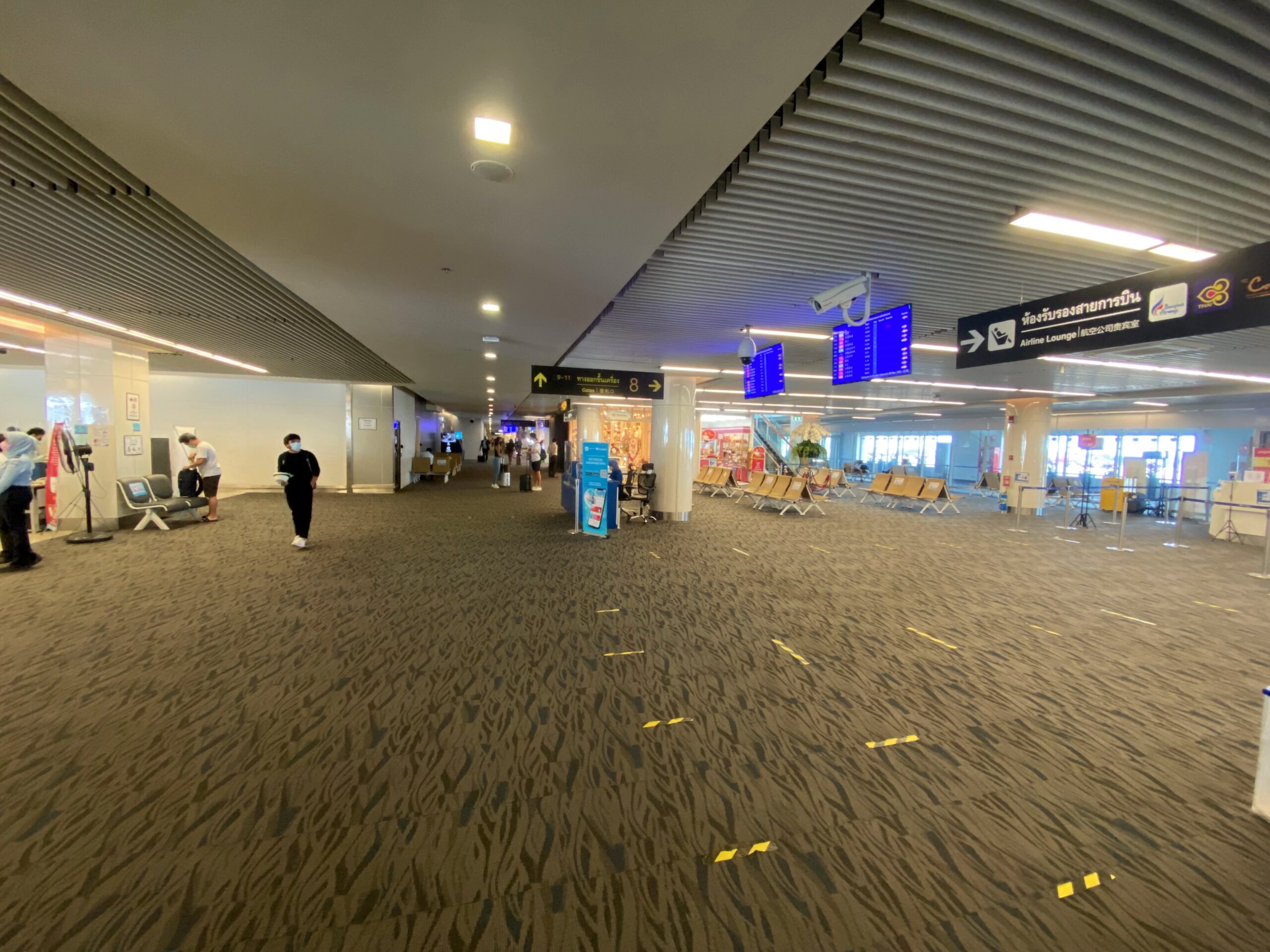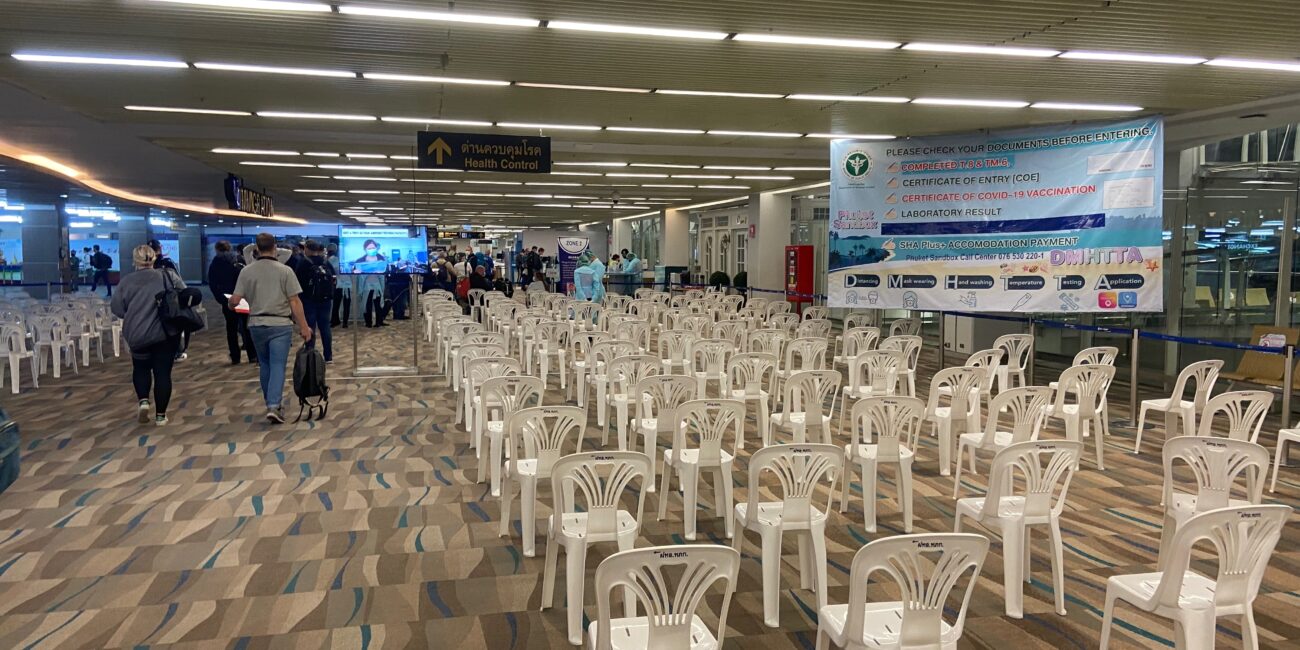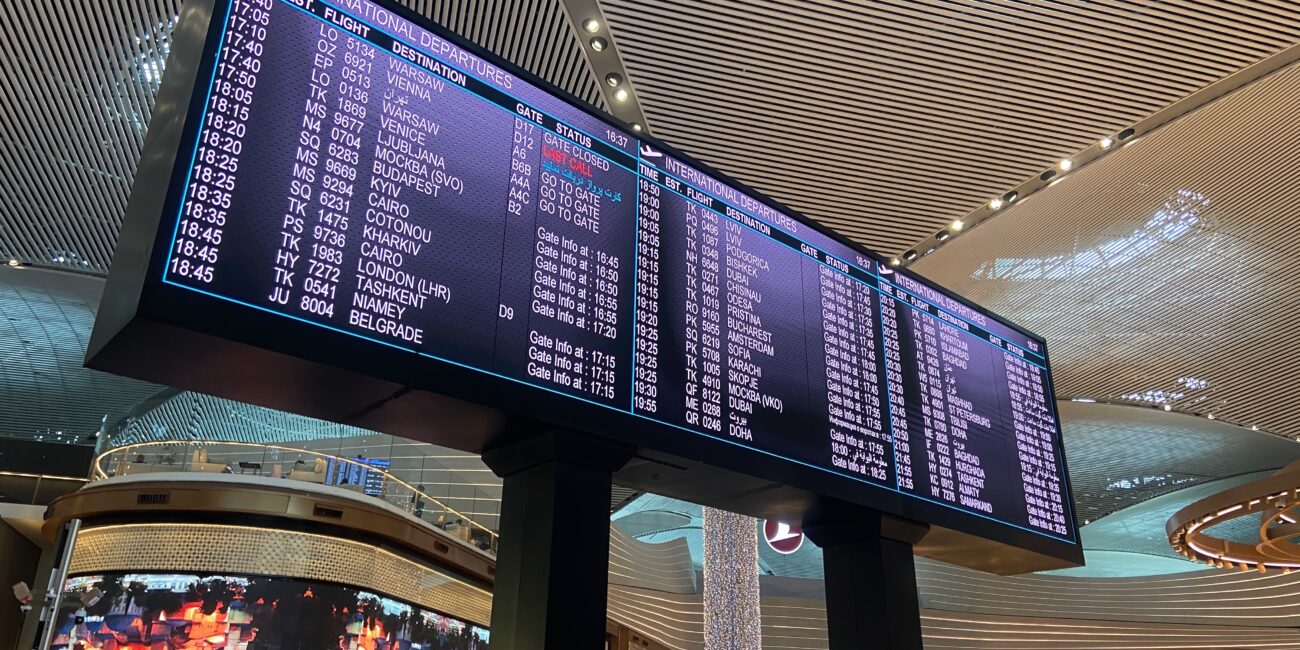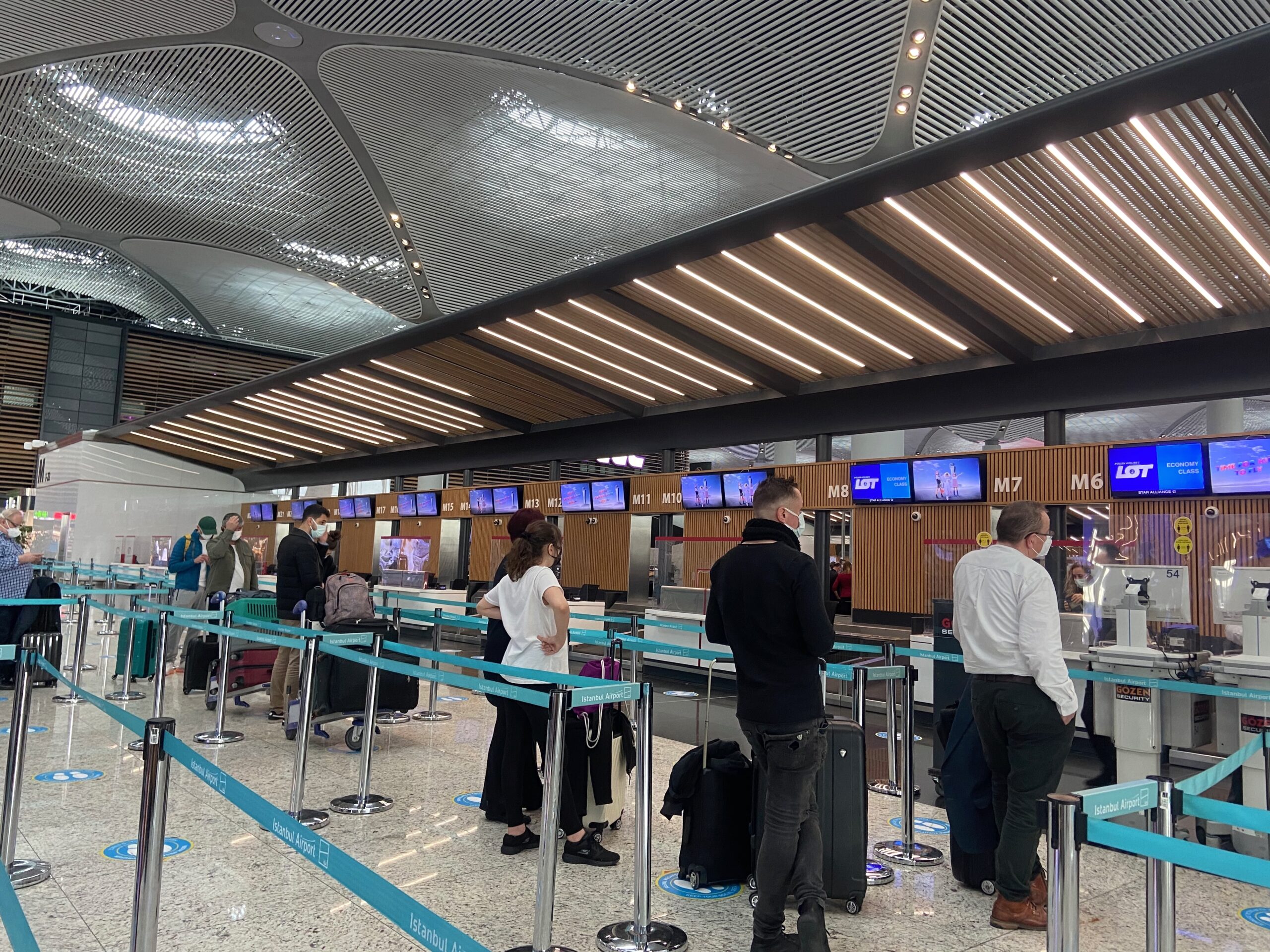This post is also available in:
Polski
Hello! 👋
A delayed flight is one of the most common issues that can ruin even the best-planned trip. Long hours of waiting at the airport, the stress of uncertain departure times, and the possibility of missing connections can be frustrating. Fortunately, you have the right to claim compensation in such cases. This compensation can cover the costs of the delay and also help compensate for the stress and lost time.
Based on our experience, this article will guide you through the steps of how to effectively claim compensation for a delayed flight. We’ll explain what your rights are, how to enforce them, and what to pay attention to when submitting your claim. Understanding these key details will help you navigate the process and ensure you receive the compensation you deserve.
We’ll focus on cases regulated by EU laws, which provide some of the strongest protections for passengers. These regulations apply to flights departing from the EU, flights within the EU, and those operated by EU-registered airlines. If you’re traveling outside the EU, the rules may vary, and your protection will depend on local laws. For more information, refer to EU261 or visit the Office of Competition and Consumer Protection website.
With this information, you will be well-prepared to assert your rights and secure compensation for a delayed flight. Understanding the rules and knowing how to submit your claim will give you confidence in getting what you’re entitled to.
What about the other countries?
While European Union regulations provide passengers with some of the strongest protections, the rules for compensation for delayed flights can differ significantly in other parts of the world.
- United States: In the USA, passenger rights are more limited. The regulations of the Federal Aviation Administration (FAA) do not provide automatic compensation for delays unless it involves denied boarding due to overbooking. In such cases, airlines must offer compensation or alternative flights. Passenger protection focuses more on denied boarding situations rather than delays themselves.
- Canada: Canada introduced the Canadian Air Passenger Protection Regulations (APPR), which are similar to EU regulations but offer less protection. Compensation is awarded based on the cause of the delay and whether the airline had control over the situation. For example, passengers can receive compensation for technical issues, but delays caused by factors beyond the airline’s control, such as weather, do not qualify for compensation.
- Asian Countries: Compensation regulations for flight delays are less standardized in Asia. For instance, in Japan and China, passenger rights are more limited, and compensation is typically granted only in extreme cases where delays result from the airline’s negligence.
What compensation are you eligible for?
The compensation you are entitled to for a delayed or canceled flight largely depends on the flight distance and the length of the delay. Under EU Regulation 261/2004, the rules are clear and well-defined. Here are the details:
- For flights up to 1,500 km – compensation: €250. Applies mainly to short flights, e.g., within the European Union;
- For flights between 1,500 km and 3,500 km – compensation: €400. Applies to medium-haul flights, e.g., between EU and non-EU countries, if the flight length is within this range.
- For flights over 3,500 km – compensation: 600 EUR. Applies to long-haul flights, such as intercontinental flights, where the distance exceeds 3,500 km.
Compensation is payable if the delay at arrival is at least 3 hours, and the airline is responsible for the delay. In the case of “extraordinary circumstances,” airlines may be exempted from the obligation to pay compensation.
To quickly verify what amount you may be entitled to, 👉 you can use the form on the AirCashBack website or 👉 the verification form on AirHelp.
Insurance
Compensation for delayed flights varies depending on the regulations in place in different parts of the world. When traveling outside the European Union, passenger protection laws may be less stringent or even non-existent. However, even in such cases, there are ways to minimize the costs associated with delays.
One of the best solutions is to purchase travel insurance, which can cover some expenses related to flight delays. This may include the cost of additional accommodation, meals, and even transport. Although this type of insurance does not offer compensation as high as the EU regulations, it can significantly reduce the financial burden in unforeseen situations. Before purchasing, it’s essential to carefully review the policy terms to know exactly what it covers and how quickly you can submit a claim for compensation.
Additionally, many passengers are unaware that cards such as Revolut, Curve, and other premium products offer perks during flight delays. These often include travel insurance, which covers situations like access to business lounges at airports. This is a great option if you need to wait longer, as it provides comfortable seating, free snacks, drinks, and Wi-Fi.
It’s also worth checking if your credit card offers comprehensive travel insurance, which may cover lost baggage, flight cancellations, or other travel-related issues. This way, you can receive reimbursement for additional expenses, such as alternative transportation. Combined with travel insurance, this type of coverage provides greater security during your trip.
When can you claim compensation?
You can claim compensation for a delayed flight in the following situations:
- Delay caused by the airline. Compensation is available if the flight delay is caused by circumstances within the airline’s control, such as technical problems with the aircraft, crew shortages or other operational difficulties. Under EU regulations, if a flight is delayed by at least three hours, the passenger is entitled to financial compensation.
- Cancelled flight. When an airline cancels a flight less than 14 days before the scheduled departure date, you are also entitled to compensation. It is important that the cancellation is not related to extraordinary circumstances, such as bad weather or strikes.
- Denied boarding (overbooking). If boarding is denied due to too many tickets sold, the airline must offer compensation, as well as alternative forms of transportation.
Exceptions to the payment of compensation
It is worth remembering that compensation is not due when the delay of a flight is due to so-called extraordinary circumstances, such as bad weather, air traffic control problems or strikes beyond the control of the airline. In such situations, the airline is not responsible for the delay and is not obliged to pay compensation.
Regarding strikes, regulations distinguish between airline liability depending on who is on strike. Strikes by airport or air traffic control personnel are considered extraordinary circumstances. In such cases, airlines are not liable and have no obligation to pay compensation.
In contrast, if airline personnel, such as pilots or cabin crew, go on strike, the airline is responsible for the consequences of the strikes. Such conflicts are considered internal problems that the carrier should control. In such a situation, passengers can seek compensation, as airlines should ensure that their resources and operations are properly managed.
Depending on the type of strike, passengers may have different rights to compensation. Therefore, it is crucial to determine exactly what the cause of the delay was.
I’m at the airport-what should I do?
You’re standing at a crowded airport, everyone anxiously waiting for an update on the delayed flight. We know that feeling… The departure board flashes red — your flight is delayed by three hours. What now? Here’s a quick step-by-step guide on what to do in this situation and how to prepare all the necessary documents for filing a claim.
🧘♂️ Keep calm and collect evidence
First, check if you have received any notification from the airline about the delay. This could be a text message, an email or a message displayed at the airport. Take a screenshot or photograph the message board showing the time your flight was delayed.
🎫 Keep your boarding pass and reservation number
If you haven’t already done so, make sure you have your boarding pass and reservation number (PNR) with you. This is key information you will need to make a claim later. If you don’t have your boarding pass, the reservation number in the airline’s emails can save you.️
🗒️ Save detailed flight data
Write down all the details of your flight: planned departure time, actual departure time, departure and destination airport. Also, your flight number will be essential. These details are key to proving how long you had to wait for your departure.
🧾 Keep your expense receipts
If the delay exceeds a few hours, the airline should provide you with a meal or accommodation, but this often does not happen automatically. It’s a good idea then to keep all receipts for meals, transportation or a possible hotel – the airline can cover these costs later.
📄 Get a statement from the airline
Try to get written confirmation of the reason for the delay from airline employees. This can prove to be crucial evidence, especially if the cause of the delay is due to the airline and not extraordinary circumstances.
👥 Contact customer service
While you are waiting for further information about your flight, it is a good idea to contact the airline’s customer service. They can offer you a meal voucher or help you arrange an alternative flight.
Remember, however, that the on-site service worker will not pay compensation. Instead, They may provide the information you need to proceed. This can be complicated, especially if you have difficulty with a foreign language, and the staff is not always cooperative. So it’s worth making sure you have all the necessary information and documents to make a claim directly to the airline later.
Where to make a compensation claim?
Filing a claim for compensation for a delayed flight is a process that you can do yourself or enlist the help of professionals. Both approaches have their advantages, and the choice depends on your situation and preferences.
Self-reporting to the airline
First, if your flight was delayed or canceled, you can submit a claim to the airline yourself. Most carriers have special forms on their websites to report the problem. It’s a good idea to start with this step, as there is no additional cost involved, and for simple cases the airline can quickly acknowledge the claim.
It is worth remembering that airlines may respond differently to claims. If the case is straightforward and does not require judicial intervention, there is a good chance that you will be able to receive compensation without too much trouble. However, if the airline rejects the claim, further steps may be more complicated.
Law firm services
If you want to avoid having to assert your rights yourself, you can use law firms that specialize in air passenger rights. These are firms that have experience in this type of case and are familiar with all the laws governing compensation. Such law firms can effectively negotiate with airlines and, if necessary, take the case to court. The disadvantage is that these law firms usually charge a commission (usually 20% to 30%) on the compensation received, but you don’t have to worry about the formalities and negotiation.
One popular option is to use services such as AirHelp or AirCashBack, which specialize in claiming compensation for flight delays. Such services can be useful, especially when the airline makes it difficult to pay compensation or the case requires legal intervention. These services often operate on a “no win, no fee” basis – you only pay them if you succeed in getting compensation, which minimizes financial risk on your part.
How do I know when to go to court with a case?
If the airline rejects your claim or cites “extraordinary circumstances” like bad weather, you must decide if court action is necessary. When pursuing your rights alone, you should be aware of the initial costs involved. These may include court fees and the expense of preparing legal documents, which can be challenging for many people.
If the airline has a branch in your country, the process might be easier since you won’t need to file the case abroad. However, if the airline is based in another country, seeking compensation can become more complicated. International regulations may come into play, adding further complexity to your case.
Drafting legal documents is often tedious, especially if it’s your first time. Airlines frequently cite “extraordinary circumstances” to avoid liability. This happened in 2021 during the pandemic. For example, I dealt with Qatar Airlines, which claimed flights between Qatar and Thailand were suspended. However, this was misleading, as a flight to Bangkok took place on the same day. In cases like these, having solid evidence such as flight schedules or reservation confirmations is crucial. This documentation strengthens your case and helps counter false claims.
In such situations, seeking help from a law firm can be invaluable. Aviation law specialists know how to handle airlines and what evidence to present to win compensation.
How long should an airline take to respond to a complaint?
Airlines, according to EU regulations, usually have 30 days to process complaints about delayed or canceled flights and denied boarding. Within this time they are obliged to respond to the passenger’s claim. If they fail to do so within the time limit or reject the claim without justification, you have the right to take further action. You can refer the matter to supervisory authorities or consider taking the matter to court to assert your rights.
Back to pandemic times in 2020
During the COVID-19 pandemic, the situation regarding refunds for canceled flights became far more complicated than under normal circumstances. Airlines worldwide faced significant financial difficulties due to the sharp drop in passenger numbers and widespread flight cancellations. This led to substantial delays in issuing refunds for tickets. In many cases, passengers became unwitting “creditors” of the airlines, as refunds were often delayed for months, effectively forcing customers to lend money to struggling airlines.
In my case, flights to the United States were canceled and KLM delayed refunding my tickets. I had to resort to the chargeback procedure, which is a refund by the bank for a failed transaction. KLM, like many other airlines, didn’t shy away from prompt refunds, which forced many passengers to look for alternative ways to get their money back.
Many passengers waited months for refunds. Instead of making quick refunds, some airlines offered vouchers for future flights, which meant that passengers did not have access to their money for a long time. In some cases, money withdrawals took as long as six months or more. This caused frustration among travelers, who felt that the airlines were using their money to get them through difficult times, offering only deferred services in the form of vouchers in return.
What about travel outside of European Union regulations?
Traveling outside the European Union, especially when the booking does not include a flight taking off from an EU country, can mean a lack of protection from EU regulations. In such situations, travel insurance becomes crucial, as it provides extensive protection, regardless of local regulations.
When traveling to the United States, Asia or South America, compensation provisions may be less favorable or non-existent. In such cases, travel insurance can cover the cost of a canceled flight, extra accommodation or meals.
In addition, travel policies often include coverage for situations such as illness, accident or lost luggage. This is especially important in less developed regions. With such a policy, you can be sure that you will be protected against unforeseen situations, regardless of local airline regulations.
Additional forms of self-insurance
It is also worth noting that some credit cards, such as Revolut, Curve, and other premium cards, offer built-in travel insurance as part of their services. These can also include access to VIP lounges in case of delays, which greatly improves the experience of waiting for a flight. This solution, combined with full travel insurance, provides comprehensive protection during your trip, no matter what happens.
Investing in travel insurance is not only to protect yourself from flight problems, but also from a number of other events that can affect the comfort and safety of your trip.
Need help?
If you have questions about compensation for delayed flights or are looking for support in a specific situation, write to us! We have already dealt with similar cases, so we are well aware of what to expect and how to effectively assert your rights. You can contact us using the form or leave a comment – we will be happy to help you at any stage of claiming compensation!

